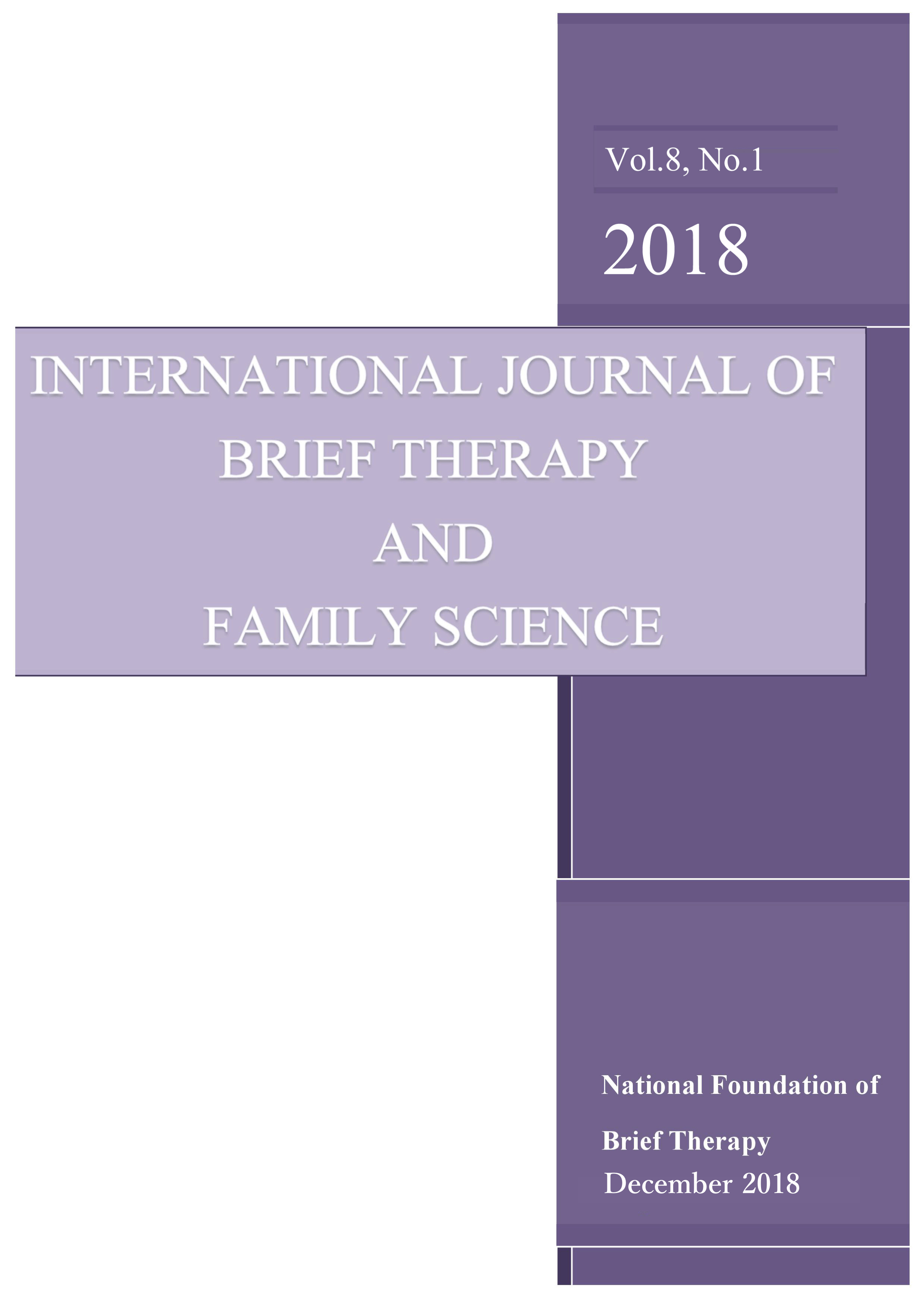This study examines the effect of the diagnosis of depression (depression label) on verbal communication. We set a situation in which the subject listened to another person's problem for seven minutes, who they met for the first time. The subjects were 20 women (M=21.4, SD=1.7), and the independent variables were the presence (labeled group) or absence of a "depression label" (unlabeled group), which conveyed if the person was a depression patient. The dependent variable was the subjects' verbal index (Sando, 2016). The data were analyzed using a 2×5 chi-square test. No significant difference was found in Sando's (2016) classification (χ
2 (4) = 4.134, n.s.). Therefore, we classify and reanalyze the utterances including those in the "Other" category, as defined by Sando (2016). Results showed that the "labeled group" was less used to "Compliment" than the "unlabeled group" (χ
2 (3) = 12.887, p<.05). These findings indicate the risk that depressed person with depression label are rejected more by others than depressed person without depression label in non-continuous relationship, such as first meeting. We further discuss the effects of the depression label and related issues.
View full abstract
